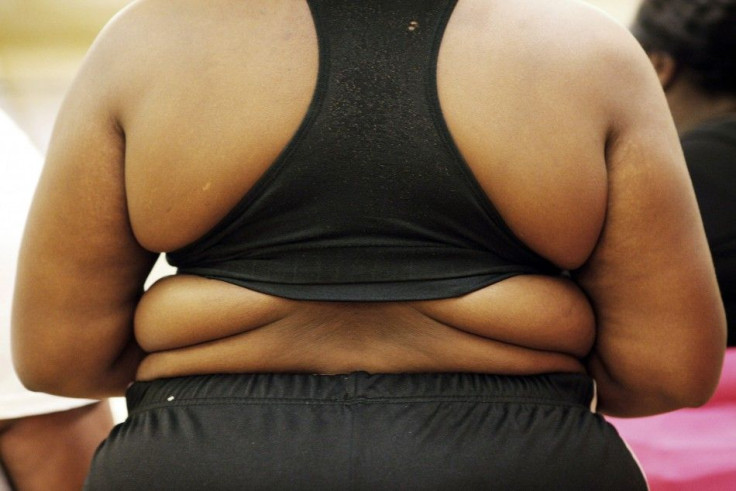Report Says Half of U.S. Adults Will Be Obese by 2030; Calls For Government Action

If current trends continue, one of every two adults in the United States will be obese by 2030, according to a new report on the international obesity crisis published in the British medical journal the Lancet.
The only way to avoid the horrific result -- with half of all Americans qualifying as obese in less than 20 years -- is through government food policy changes, the study says. Changes needed include:
--Making healthy foods cheaper.
--Making less healthy foods more expensive.
--Changes in the way foods are marketed.
--Changes in the way foods are made.
The study was conducted by a team of international health experts. They said in the study that the obesity crisis extends beyond the United States. They note that in the U.S. and other areas where the problem is fast becoming an epidemic of sorts that obesity will continue to worsen, adding substantial burdens to health-care systems and economies if something is not done to curb the problem.
The team of experts put most of the burden on government agency, since individuals aren't taking care of the problem themselves.
in America, for instance, obesity has become a national health emergency as lower priced foods are more caloric and less healthy overall. They contain high levels of preservatives, low nutritional value, high sodium, and high levels of corn byproduct.
The team of experts argues that government and international agencies must monitor, prevent and control the problem -- or else health care systems will be pushed with more stress from rapidly rising health care costs and service demands, among and other problems. They say the situation must be uniformly monitored and addressed with action to prevent and control the problem.
The report notes that how food is made and marketed in the past century has created an obesogenic environment, whereby many individuals no longer contain willpower. Also, the report noted, efforts for many to maintain a healthy weight has become largely impossible.
Not only did the study pinpoint the problem, providing specific solutions, but it also laid out a new way of calculating how many calories of intake need to be cut for a person to lose weight. The figure is aimed at giving individuals are more accurate measurement for achieving weight loss over the long term.
Previously, a typical weight-loss track employed has been to reduce calories by about 500 calories a day, resulting in a slow and steady weight loss of about (a pound a week). But the body is known to adapt its metabolism behavior when a person diets, or suddenly changes how they eat. Therefore, the study noted that long-considered rule doesn't account for these changes the body makes.
The report suggested that weight loss by individuals must be considered over a longer period of time than a short term calorie reduction of say 500 calories alone. The study outlined a new approximate rule of thumb for an average overweight adult, suggesting that every change of energy intake of [about 24 calories] per day will lead to an eventual bodyweight change of about 1 kg (just over two pounds) . . . with half of the weight change being achieved in about 1 year and 95 percent of the weight change in about 3 years.
The report was issued in a four-part series published in the Lancet. It was released ahead of the first high-level meeting of the United Nations General Assembly focused on noncommunicable disease prevention and control. The meeting will take place in New York next month.
The study was careful to note that individuals must always have control and freedom over what they eat. But it noted that collectively the obesity problem will not be solved without prevention assistance from governments and agencies.
© Copyright IBTimes 2024. All rights reserved.





















